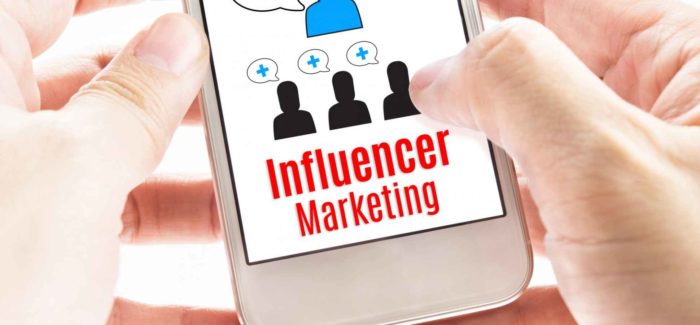“Fake does no good!”
According to a new report from cybersecurity company Cheq and University of Baltimore economist and professor Roberto Cavazos, fake followers in influencer marketing are likely to cost advertisers $1.3 billion this year.

Over the years brands have known to timely indulge in influencer marketing in order to reach and attract their target audience through social media all thanks to which people claiming to be influencers have made bucket full of money.
Brands are known to spend huge sum annually on social media and influencer marketing by collaborating with influencers who have a decent number of followers on Instagram, Youtube and Snapchat. But as per the reports these advertisers are getting ripped off as some influencers in order to appear more influential tend to buy fake followers and pay for bots to like or comment on the posts.
The fraud figure represents about 15 percent of what the report predicts will be an $8.5 billion market this year in spending on global influencer marketing. Cheq derived the expected fraud amount through an analysis of its own data, Daniel Avital, Cheq’s chief strategy officer, reportedly said. The analysis was part of a series of reports Cheq is publishing on the monetary cost of bad actors on the internet.
Being a social media influencer can be profitable. According to the Cheq report, a ‘micro influencer’ with 10,000 followers can make $250 (Rs 17,000) for a sponsored post, while someone with a million or two followers can make $250,000 (Rs 1.75 crores approx.) per post.
“It used to be you had to be a Kim Kardashian or Kylie Jenner kind of person to be an influencer,” Avital was quoted as saying. Now there are so many “tiers of influencer” that people with very niche followings can get involved in the business.
He added that brands using influencer marketing should invest in their own vetting programs to ensure their influencers are legitimate. Though it requires time and labour, it’s “not a cybersecurity challenge,” he said. “It’s quite easy to understand if their followers are bogus.”
To examine the legitimacy of influencers one is advised to spend a little time analysing these profiles before spending hefty amounts leading to less effective or no results. Social platforms too are making changes that might affect how fake influencers operate, for instance, Instagram is already testing banning the ‘like’ option.
















